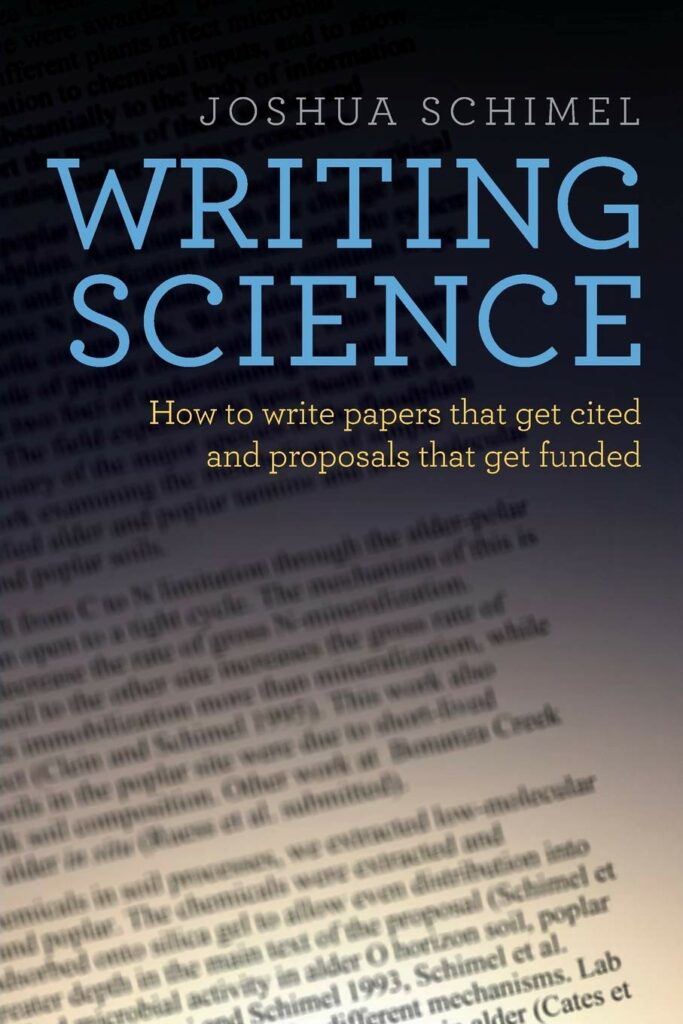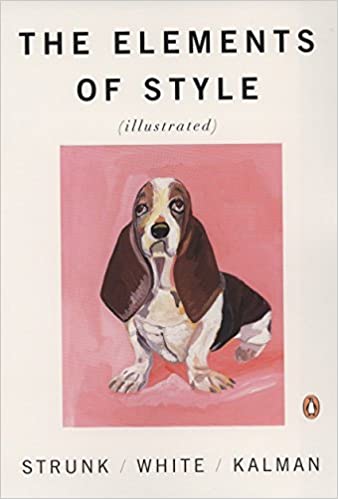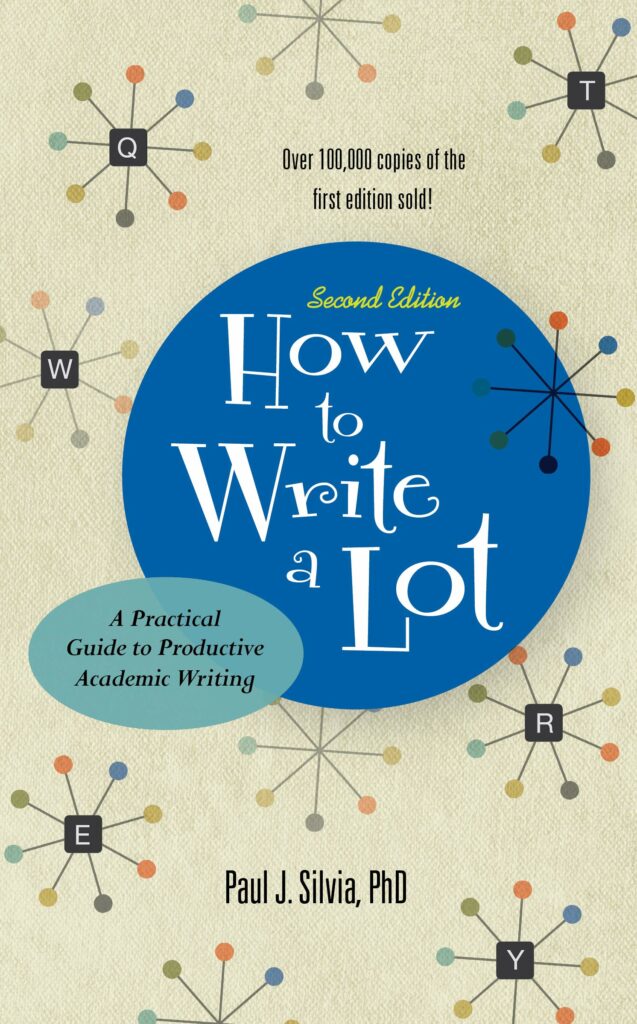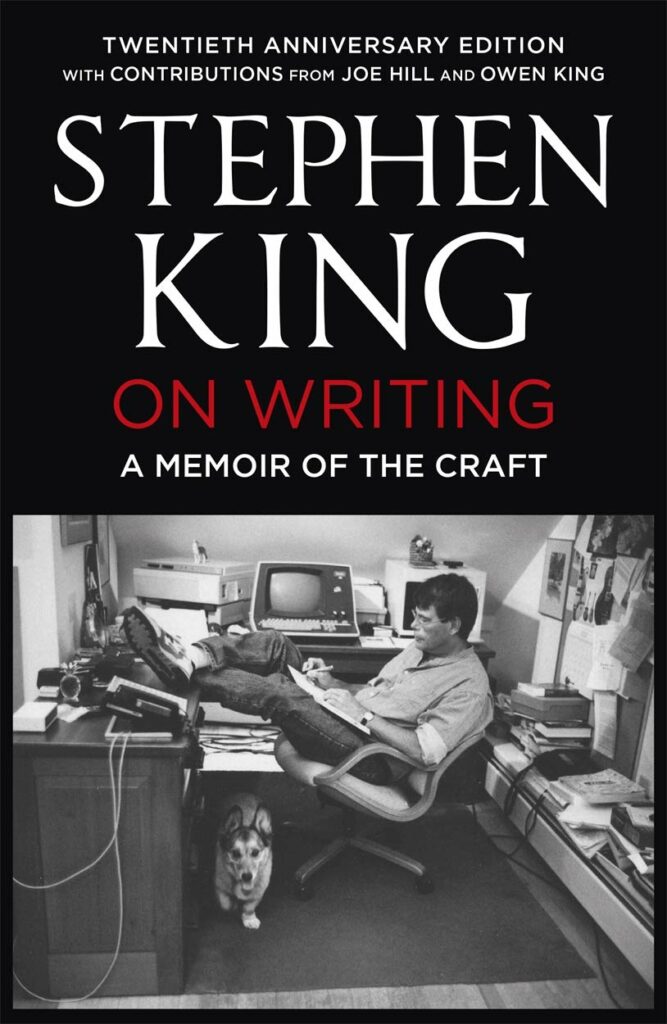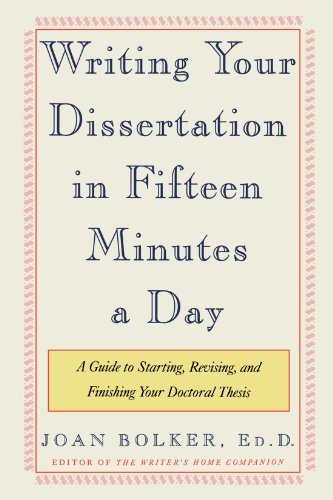Writing is a craft that every scientist must learn. And what better way to learn a skill than from a good book? In this post, I list five reference books on writing, my favorite books on the topic, the ones I keep coming back to when I need to sharpen my pen. May they be as useful to you as they are to me!
1. “Writing Science” by Joschua Schimmel
This book is the best resource I have come across on the craft of science writing (and I can tell you I’ve read a billion of them). You will find everything you need about storytelling, article structure, and paragraph and sentence composition. For example, Schimmel deeply explores the art of writing compelling introductions and conclusions that grab readers’ attention and leave a lasting impact. Understand the book thoroughly, apply the principles it describes, and you will travel the road to academic success like a German autobahn at midnight on a Wednesday: at full speed and free of traffic. However, before you buy your new BMW leather gloves, I must warn you that this book has a slight hitch.
The challenge of this book is that it goes into great detail and refinement, which sometimes makes it difficult to follow, especially for young scientists with little writing experience. In addition, the examples Schimmel provides are, in my opinion, often hard to understand for people who are not experts in his field (he is a professor of environmental science at the University of California, Santa Barbara). Therefore, before you delve into the book, I recommend you learn the basics of scientific writing. For example, you can start by reading my Ultimate Guide to Scientific Writing, which is easily accessible to novices. Once you’ve familiarized yourself with these core principles, you can move on to sharpening your writing saw with Schimmel’s book.
2. “The Elements of Style” by William Strunk Jr. and E. B. White
“The Elements of Style” is the style bible for American English. In 2011, Time Magazine named it one of the 100 best and most influential books written in English since 1923.
The Element of Style is a little book with about 50 principles and practical tips for good writing, composition, and punctuation. The advice provided by the book is straightforward and easily applicable. Everything I like!
3. “How to Write a Lot” by Paul Silvia
“How to Write a Lot” is the book you need to improve your writing productivity. Paul Silvia, the author, is not only an expert in scientific writing, but he is also a researcher in psychology (I had the pleasure of meeting him when he presented his research at the University of Graz).
In this book, Silvia exposes the specious barriers we, scientists, raise to avoid writing, such as “I don’t have time to write,” “I need to read a few more papers,” or “I write better when I’m inspired” (Sound familiar? :-)). He also provides motivational tools and shares much information about the writing and publishing process. His style is witty and elegant. Boy, do I wish I could write as well!
4. “On Writing” by Stephen King
With this book, we leave the academic world to enter another form of inspiration, that of the famous and immensely prolific author of thrillers Stephen King. Personally, I don’t read King’s books or watch the movies adapted from them. They are too creepy for me. But this book is different.
The book starts by telling the story of how he became a writer and then explains how he writes. It is beautifully written and full of good advice and inspiration to improve your writing skills and process. While King’s genre may be far removed from scientific writing, his insights into style, and reader engagement can be applied to make scientific writing more attractive and accessible.
5. “Writing Your Dissertation in Fifteen Minutes a Day” by Joan Bolker
This book is Ph.D. students’ ideal companion. It covers all the steps of writing a doctoral dissertation, from choosing your topic to dealing with your supervisor, writing first drafts, revising them, etc.
I have never met Joan Bolker, the author, but she seems to be a lovely person. Her style is warm and comforting, full of anecdotes and inspiration. Bolker’s advice is tailored to the unique challenges faced by doctoral students: She provides practical advice on managing time, maintaining motivation, and completing the often daunting task of writing a dissertation. I wish I had known about this book as a Ph.D. student.
In Sum
Each of the five books listed in this post has changed the way I think about science writing. When I write, I often hear the voices of these incredible role models whispering advice or words of encouragement. I hope you too will find one or more books in this list to inspire you and accompany you on your writing journey.
That’s it for today, wonderful reader!
All the best,
Gaya
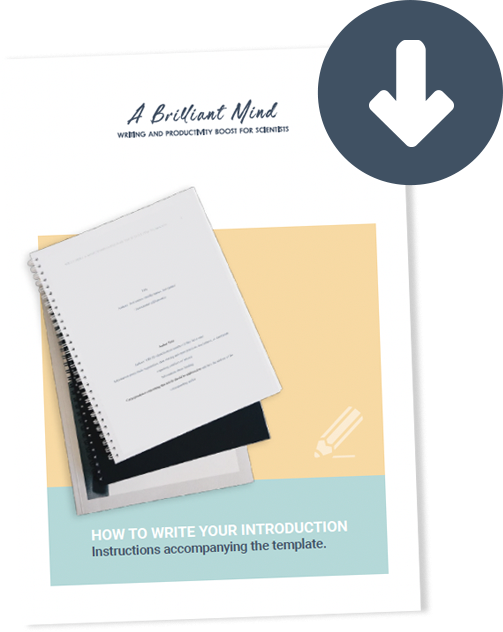
How to write your introduction + template
Signup for my newsletter and get your free download!
Writing a good introduction is essential to getting your paper published in a top journal and captivating your readers. It’s essential… and challenging! With this template for writing your introduction, you will find:
- Pre-writing instructions
- Writing instructions
- Explanations on how to use the template
- A checklist to make sure you have included all the important elements for your introduction.
